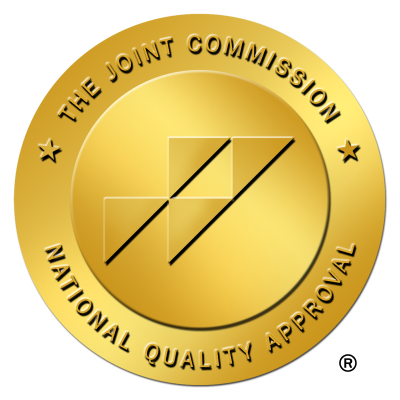The Role of Therapy in Addiction Recovery

Your addiction recovery journey is so much more than just achieving sobriety. An individual’s addiction recovery journey is a healing process that looks to heal their mind, body, and spirit to improve their overall health and well-being. This is why therapy is such a critical component in one’s addiction recovery journey.
Millions of people struggle with a substance use disorder; however, all recovering addicts do not benefit from the same therapy treatments. That’s why therapy encompasses a wide range of techniques and practices tailored to help every patient’s recovery needs. In this article, we’ll explore why therapy in addiction recovery is important, and popular addiction therapy recovery options to consider.
At Arista Recovery, we are a leading Midwest addiction recovery center that helps patients overcome addiction and maintain long-term sobriety. Gone are the days of suffering in silence with your addiction. We offer a wide range of addiction treatment programs so patients can receive tailored treatment plans to best support their recovery journey. Contact us today to learn more about how we can help you on your recovery journey.

Why Is Therapy Important in Addiction Treatment?
When you think about therapy, chances are you think therapy is only for someone struggling with a mental health disorder. However, therapy can help in so many aspects of a person’s life, not just helping someone better manage their mental health symptoms. Therapy is highly important in helping a recovering addict. This is because therapy not only explores negative feelings about oneself that may fuel their addiction, but therapy can also help rebuild relationships with loved ones as well.
Therapy is highly versatile. While talk therapy is very common in addiction recovery treatment, other forms of therapy like group therapy and family therapy can be just as beneficial in a recovering addict’s journey toward lifelong sobriety. Not to mention, more alternative or holistic therapies give recovering addicts the ability to learn healthy coping strategies to help prevent them from relapsing. For example, rather than turning to drugs when stressed, you can turn to a healthier coping strategy like practicing art or doing breathwork as a way to calm your stress and prevent yourself from relapsing.
5 Common Examples of Addiction Therapy Options
There are a wide range of different addiction therapy options. Below are some of the most common examples of therapy you can expect when receiving addiction treatment.
Cognitive Behavioral Therapy (CBT)
Cognitive behavioral therapy is a popular form of talk therpay that aims to identify a patient’s negative beliefs or behaviors and teach healthy coping strategies and techniques to stop those negative thought patterns. Addiction is a self-destructive behavior that can lead to negative feelings about one’s self and identity. However, CBT helps a recovering addict better understand why they may have turned to drugs in the first place, and work through those negative beliefs to build their sense of identity and confidence.
Group Therapy
Group therapy, as the name suggests, is when a group of recovering addicts talk openly and honestly about their experiences and struggles. Oftentimes, a group therapy session is led by a facilitator such as a therapist or addiction specialist. Group therapy can be extremely beneficial because it allows patients to open up about their struggles while building a sense of understanding that they are not alone in their battle against addiction.
Family Therapy
Addiction can fracture relationships with loved ones. Therefore, family therapy during addiction recovery helps patients rebuild relationships with friends and family members they may have hurt while they were struggling with addiction. Family and friend support is essential in an addict’s recovery journey because loved ones can help encourage and keep them accountable in their journey to sobriety.
Holistic Therapies
Some people with a substance use disorder may benefit from holistic therapies, which are therapies that improve a patient’s overall health and well-being through their mind, body, and spirit. There are a wide range of holistic therapy options from art therapy, to music therapy, equine therapy, meditation, yoga, and more which all can be beneficial in progressing a recovering addict’s healing journey, as well as help them maintain long-term sobriety.
Ready to Start Your Road to Recovery
Therapy is not just for treating mental illness. Addiction therapy is highly beneficial in addiction recovery treatment. There are a variety of different therapy options available to best meet the recovery needs of every patient. This is because some patients may benefit from more traditional therapies like talk therapy or group therapy, whereas other patients may benefit from a combination of traditional and holistic therapies.
If you are struggling with addiction– help is available! At Arista Recovery, we are an addiction recovery center that helps patients struggling with addiction achieve long-term sobriety. Whether you are looking for comprehensive inpatient treatment or outpatient care, we offer a variety of different treatment programs to best support you and your recovery needs. Contact us today to learn more about how we can help you overcome addiction for good.


